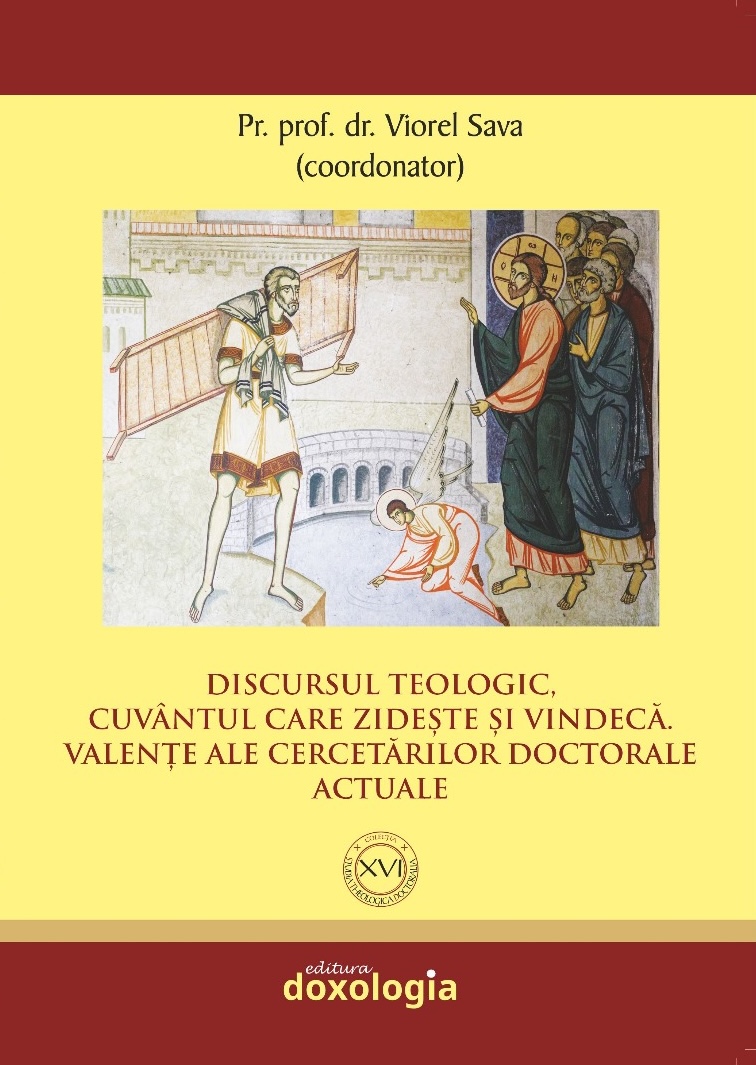A comparison between the Bioethical Benefits of Religious Dietary Ethics to Released Nutritional Morals
A comparison between the Bioethical Benefits of Religious Dietary Ethics to Released Nutritional Morals
Author(s): Filotheos-Fotios MAROUDAS
Subject(s): Theology and Religion, Comparative Studies of Religion
Published by: Editura Doxologia
Keywords: interreligious bioethical dialogue; global bioethical frameworks; interfaith ethical benefits; intergenerational bioethical implications; religious dietary ethical standards;
Summary/Abstract: This essay explores the intersection of religious dietary ethics and secular, liberal nutritional principles, hereafter referred to as 'released' nutritional morals. This study conducts a comparative analysis of major world religions and secular dietary freedoms to clarify the ethical, bioethical, and health implications of religious dietary practices. By examining specific religious dietary codes, such as Judaism's kashrut, and contrasting them with the principle of moral autonomy in personal dietary choices, the research underscores the intricate relationship between tradition, ethics, and modern eating behaviors. The findings suggest that religious dietary practices not only offer significant health benefits but also encourage a disciplined approach to consumption, potentially counterbalancing the excesses of a more liberated dietary ethos.
- Page Range: 333-348
- Page Count: 16
- Publication Year: 2024
- Language: English
- Content File-PDF

